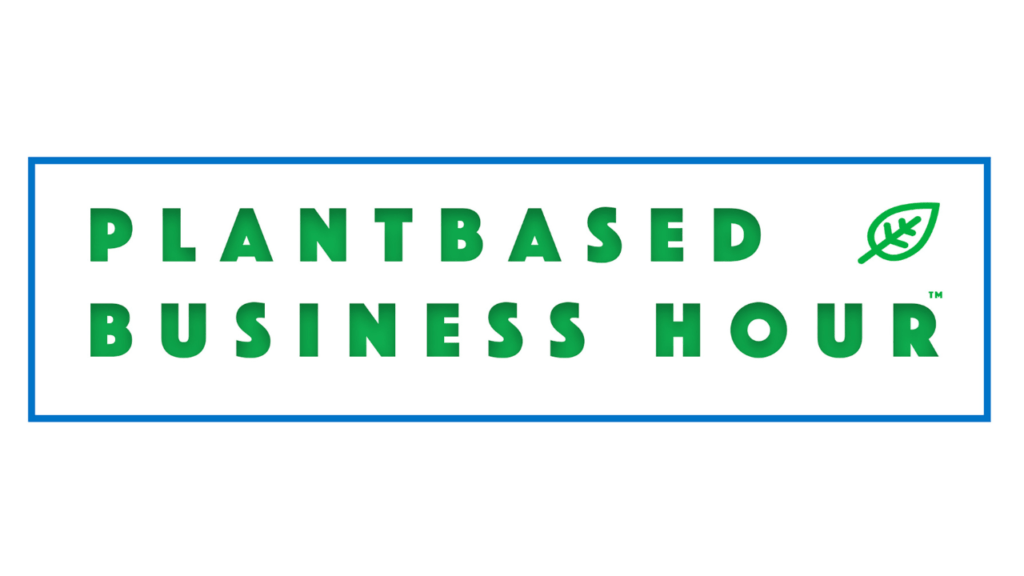
Dr. William Aimutis, Executive Director of the North Carolina Food Innovation Lab and Celia Homyak of the UC Berkley Alt Meat Lab discuss what innovations are happening at the U.S.’s most premiere labs on The Plantbased Business Hour.
Specifically, we discuss
- What are you seeing in terms of production and innovations?
- Given what you are seeing in the labs, what do you expect to see transpire in the marketplace?
- Long-term predictions for investment in the category and consumer adoption.
Below is a short clip and transcript from our conversation.
Elysabeth: So happy to have Bill Aimutis here with me, the Executive Director of the North Carolina Food Innovation Lab and Celia Homyak with me who is the Co-Director of UC Berkeley’s Alternative Meat Lab. Thank you both, Bill and Celia, for being with me.
So Bill, maybe you can tell me, what are you seeing take place in the North Carolina Food Innovation Lab?
Dr. William Aimutis: Yeah, we really haven’t seen a slow down at all in our facility over the past six months. We have seen a shift a little bit from products that are being developed directly to the consumer going back to more B2B type products and all those, of course, are plant-based products. Ultimately, they go into a variety of things all the way from alternative meats and alternative dairy and even the center of the grocery store.
So, I think the slow down that we’re seeing right now is because perhaps the customer has become a little fatigued with the products that are in the market. We see that curve now where we start to look for second, third, fourth generation type products that will continue to improve and increase the effort towards these types of products.
Elysabeth: Celia, what are you seeing in terms of demand for your space and expertise?
Celia Homyak: I mean, yeah, I really agree with Bill. I don’t really see a slow down especially from the innovation and academic side. If anything, we have more buy-in coming from students and organizations that are reaching out to us to advance it. I think the one thing I noticed, too, is it’s not necessarily a slow down, but I think there’s a clear shift in what’s happening as to the types of products and the types of ingredients that we’re making. So, I’m not sure if the future is going to be the next Impossible or Beyond, but really a different array of products with different types of ingredients that are more diversified that are coming out of them. Bu,t the interest, especially from the younger generation and the students, is there which is keeping us employed along with young entrepreneurs.
Elysabeth: So let me understand what happens at Berkeley. Is it mostly students that come through your doors or do you also work with multinationals?
Celia Homyak: Both. So, we’re a self-funded facility and so we are funded by the state, philanthropic funders, and also big corporations. So, we hire students to help on research initiatives with these big corporations such as Nestle, Louis Dreyfus Company, and MilliporeSigma. But, also we teach students here combining food technology courses along with entrepreneurial courses which has actually stemmed for them to then become entrepreneurs themselves and we’ve had about four startups that have stemmed from our program in the five years that we have been here. So it’s kind of a combination of both.

New episodes are out every week. Never miss the Plantbased Business Hour or Minute. Subscribe on iTunes and Youtube, and sign up for the newsletter. Follow Elysabeth on Linkedin. For information on Plant Powered Consulting, click here.



